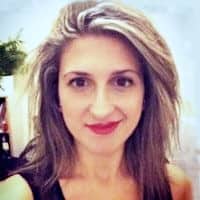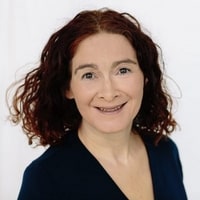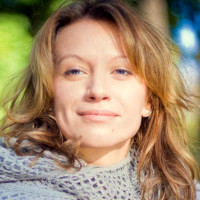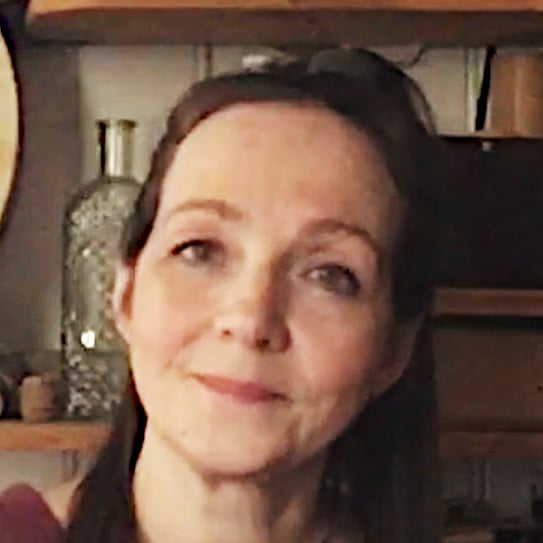Read the transcript here ⊲
Narong: My name is Narong Sirilertworakul. Currently, I am the president of NSTDA. That stands for National Science and Technology Development Agency, Thailand.
Nerina: What are the goals of your organization?
Narong: Actually, NSTDA is the government agency under the Ministry of Science and Technology. Our mission is to increase the competitiveness of Thailand using S&T in order to provide the technology for our industries, as well as our local community to increase their quality of life.
Nerina: What are the challenges?
Narong: The challenges are the number of researchers because the number of researchers in Thailand is about 15 per 10,000 people or population of Thai people. We would like to increase that up to 25. And also, most of the students right now, they don’t like to study science and technology, so we need to keep in touch with them, and also increase the S&T awareness to our people.
Nerina: You have different fields of research, right?
Narong: Actually, we consist of four national centers. The first center is Biotechnology. The second one is Metal and Materials Technology Center. The third one is Electronic and Computer Technology Center, and also the fourth one is Nanotechnology.
Nerina: Which one is the most promising one, and why?
Narong: Biotechnology because Thailand is the land of farmers. Thailand is the land of biodiversity. We collect a lot of microorganisms. At the moment, we are number one in ASEAN, and probably number five in the world, and also number three in Asia. At the moment, we would like to improve our bio national bank to collect not only the microorganisms. We’re going to collect the seed, and also the animal cells, as well as the human genome as the basics for the crowd that is going to use those resources to improve our production and introduce new industry in Thailand. And also, agriculture is our main product that we export, but normally we export only the resources as raw materials. We would like to improve it and modify it to be a high value-added product using the biotechnologies.
Nerina: What is your vision for the organization?
Narong: NSTDA is one of the major research centers in Thailand. Our vision is to create a new industry to increase the GDP of Thailand to come out of the middle income trap. In order to do that, we need to increase our number of research personnel, as well as increase the number of S&T investment both from the government and also from the private sector. And also, at the moment, we introduced the area we call Innovation Park. It’s called Eastern Economic Corridor of Innovation, EECi, and it’s going to be in Rayong Province. In that area, we’re going to introduce the transformational research mostly over there, and also, we’re going to introduce a lot of research partners over there, and work closely with the national and multinational companies, as well as the big companies in Thailand.
Nerina: An important focus is on collaboration among researchers and companies. Why?
Narong: I think when we’re talking about science and technology, I think science and technology has no border. Science and technology is for the whole of mankind. So, we can learn each other even though the environment is different, the way of thinking is different, the raw material is different, but the technology itself is still the same. So, if we can learn, we can share as much as we can because some of the technology, okay, it may be confidential for business, but some of them are open, so at the moment we’re talking about open innovation. When you talk a lot, when you chat a lot, you will learn a lot in certain technologies.
Nerina: What is your personal dream?
Narong: Actually, my personal dream is the same as the reason for our organization because I run the organization. How we improve our quality of life especially for Thai people using S&T. That’s it.








